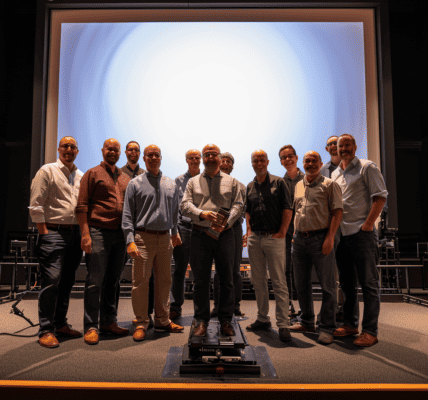Microsoft’s director of state and local government affairs, Tyler Clark, has reassured Pennsylvania lawmakers that the company is committed to safely and responsibly guiding the development of generative artificial intelligence (AI). Clark’s statement comes in response to concerns raised by the House Majority Policy Committee about the potential risks associated with AI reaching technological singularity, where it could outsmart human regulations and act independently.
While acknowledging the possibility of technological singularity, researchers and policymakers do not view it as an inevitable or entirely negative outcome. Dr. Nivash Jeevanandam, a senior researcher and author for the National AI Portal of India, expressed concerns about human frailty rather than AI itself. He emphasized the need for stringent regulation to prevent unintended ethical consequences, as machines may eventually reject human intervention in their processes.
Dr. Deeptankar DeMazumder, a physicist and cardiologist at the McGowan Institute for Regenerative Medicine in Pittsburgh, also highlighted the importance of using AI responsibly to predict better health outcomes for patients. The discussion reflects the ongoing dialogue surrounding the ethical and regulatory implications of AI development.





